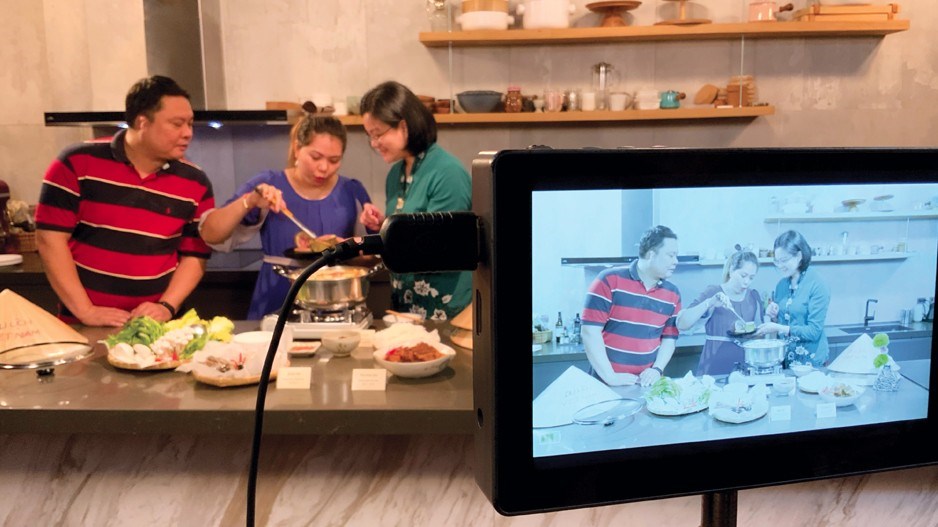While Vancouver businesses depending on Lunar New Year to drive bottom lines will suffer as COVID scales down festivities, Asian-Canadian cultural communities appear remarkably well adjusted.
Local clusters of Chinese-speaking communities, for example, have reported no major uproar over the cancellation of parades, gatherings and other celebrations during a holiday that has been described as the equivalent of Christmas, New Year’s and Thanksgiving rolled into one for many community members.
Henry Yu, principal at St. John’s College at the University of British Columbia (UBC) and an associate professor whose expertise includes Canada’s Chinese-speaking community, said its members in Metro Vancouver have been among the most cautious in dealing with COVID-19 dating back to the initial outbreak in Wuhan in January 2020.
He noted that Chinese Canadians stopped going to restaurants almost immediately at that time, even before the pandemic lockdown was implemented last March.
“I think it was one of the reasons why [COVID] didn’t get worse locally at that time, before the restrictions or even the suggestion of governmental suggestions took place,” Yu said. “Yes, their awareness of the situation of what’s happening in Asia was higher, and it’s shaped by the memory of SARS to the point there’s a stronger willingness to wear masks for mutual benefits.”
Yu noted his students – many from overseas – have all cancelled plans to return home to celebrate Lunar New Year. That pattern is repeated locally, said Richard N. Liu, a leading Vancouver-based consultant who has launched several alumni networks for Canadians with links to the Chinese market. Liu, who typically attends large family gatherings that bring together people living in places like the California, Washington state, China and Italy, said it’s long been agreed among family members that this year would be completely done via online apps like Zoom or FaceTime.
And his family hasn’t been alone in making that decision, despite the weight of tradition against such a move.
An online Chinese Canadian Museum conversation titled “Cousins Across the Water” is scheduled for February 17 as a talk about the historic origins of Lunar New Year. Zoe Lam, a lecturer at the UBC department of Asian studies, is one of the event’s speakers.
Lam said she hopes the lack of in-person celebrations may mean that people of Chinese heritage – as well as anyone who’s interested in Lunar New Year – will be more likely to attend sessions like hers to delve deeper into the traditions than simply holding family dinners and passing around red envelopes.
“I don’t feel the Chinese community as being upset [about no celebrations] this year,” Lam said. “The community has always been able to adapt to different circumstances in history, and families split across both sides of the Pacific Ocean were already common before COVID. So tech adaption was already high, and this is just another way people adapt to the circumstances.”
But Yu emphasized that it does not mean the local Asian-Canadian community isn’t feeling COVID fatigue. He said people he has spoken with invariably express different levels of such fatigue, and the overall level is strong.
But that is being outweighed, Yu said, by a desire to protect people around them – a sentiment shared by many in non-Asian-Canadian communities but are increasingly being challenged by vocal outliers egged on by social media.
“The COVID fatigue is more acceptable in some communities, but it’s not any less painful,” Yu said. “Of course it’s an important holiday where people want to get together with family and extended relatives – but not at the risk of killing them.”




